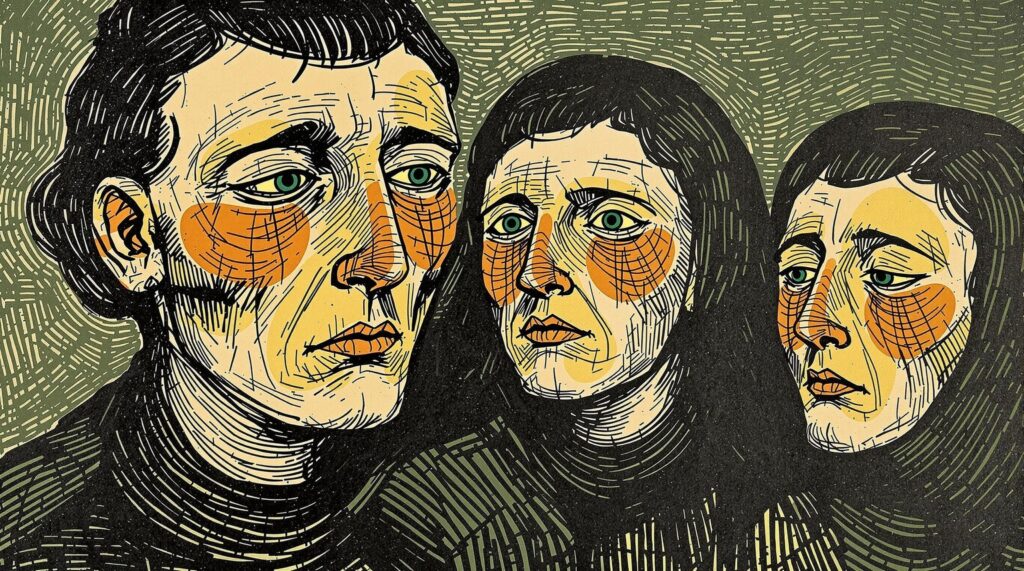In this section, the narrative unfolds as a series of pronouncements by Zarathustra to his “friends”.
He recounts being mocked for walking among people as if among beasts, but clarifies that the knowing individual perceives humans as such. The key to understanding humanity, he claims, lies in their history of shame. This leads to his criticism of those who revel in commiseration, emphasizing the importance of emotional distance and even concealment when dealing with suffering. Zarathustra prefers the company of those who are “free from suffering” and share in joy and abundance. He prioritizes self-overcoming through joy rather than dwelling on the suffering of others, considering the lack of joy to be humanity’s “original sin”.

But for one who understands, the human being itself is: the beast that has red cheeks.
How did this happen? Is it not because it has too often had to be ashamed?
Oh my friends! Thus speaks one who understands: Shame, shame, shame that is the history of the human!
Zarathustra’s philosophy involves a rejection of conventional charity and guilt-driven actions. He advocates for accepting gifts with discernment and minimizing the need for charity altogether, suggesting the abolition of beggars, sinners, and those with bad consciences. He distinguishes between large, honest misdeeds and “small thoughts”, which he likens to a creeping fungus that corrodes the body. He advises those possessed by demons to embrace their darkness as a path to greatness.
In dealing with suffering friends, Zarathustra recommends providing a “hard bed”, a place of rest that does not indulge weakness. He speaks of a “great love” that transcends both forgiveness and commiseration, focusing on the harm individuals inflict upon themselves. He warns against letting one’s heart rule, as it leads to foolishness, particularly in the case of those who commiserate, whose actions he sees as causing more harm than good. Zarathustra cautions against commiseration as a source of future burdens for humanity, claiming expertise in “weather signs.” He posits that all great love transcends commiseration by seeking to create the beloved. He concludes by asserting that all creators are hard, contrasting their approach with those who commiserate.
